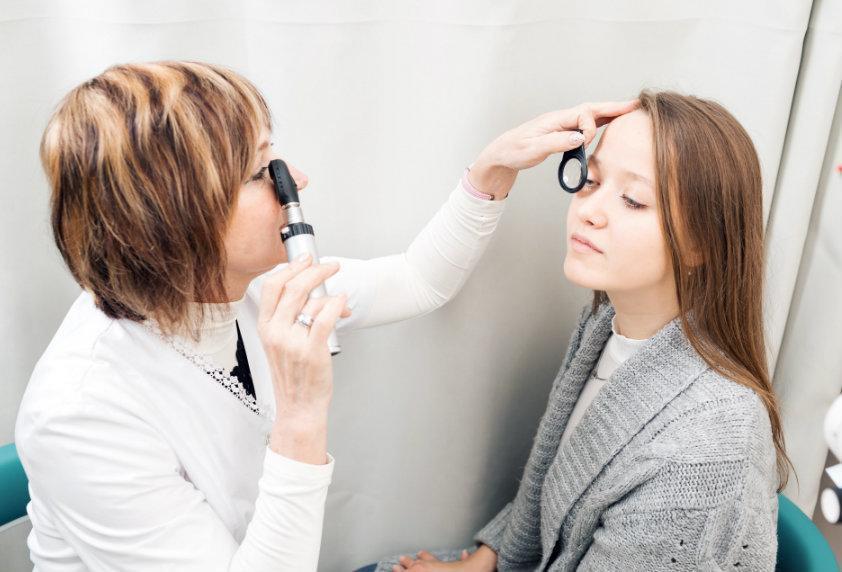The retina’s complexity mystified scientists for centuries until Aristotle challenged common viewpoints by theorizing that the eye captured rays rather than emitted them. Every retinal component has unique weaknesses that can lead to visual disturbances. Today’s medical innovations mean that the 100 million global sufferers of retinal diseases have treatment options that were unimaginable only a decade ago.
The Macula
This is the retinal layer responsible for spotting fine details. Diseases associated with it are the following:
- Macula Edema
- Macular Degeneration
- Macular holes
Symptoms
Central vision is disturbed, causing distortion of an image’s lines and size. In some cases, the neurosensory retina detaches from the epithelium. In advanced degeneration, the macula may bleed and leak fluid. Yellow deposits appear and vision becomes blurry.
Treatments
It is possible to stop early-stage macular disease from progressing further by making nutritional changes. Studies reveal that foods that are high in antioxidants slow down the degenerative process. Oily fish and green, leafy vegetables are efficient, as are lifestyle changes such as stopping smoking.
Laser therapy can destroy healthy tissue, so photodynamic and injection therapy are the most common mainstream treatments. Macula edema can, however, be treated efficiently with laser photocoagulation.
The Choroid
This layer is crammed with blood vessels and is responsible for delivering nourishment to the rest of the retina. Disorders associated with it are the following:
- Inflammation
- Retinal vascular disease
- Hypertensive disease
- Detachment and haemorrhage
Symptoms
People suffering from these types of disorders may have ark, floating spots in their vision, blurry vision, or blindness.
Treatments
Oily fish, dark leafy vegetables, kale, organ meats, and vinpocetine supplements support healthy recovery. Topical steroids, medication, reattachment surgery, and laser photocoagulation are the most common medical treatments.
Healing the Retina Naturally
While many retinal disorders cannot be healed with nutrients, dietary choices can support care and prevent problems. Every retinal layer is dependent on lutein, zeaxanthin, omega-3 fatty acids, and vitamins C, E and A. Because of the potential seriousness of retinal complications, as well as the eye’s remarkable responsiveness to diet, supplementation is a core way to promote healthy eyes.
Only a few years ago, retinal damage was as ubiquitous to aging as greying hair and wrinkles. Today’s treatments range from hi-tech bionic eyes to simple laser surgeries. In the future, it may become possible to replace dysfunctional retinal cells and, in so doing, halt the progression towards blindness. The comprehensive toolbox available to sufferers of retinal damage allows patients to cast aside their eyesight problems as easily as they wash the grey from their hair.
